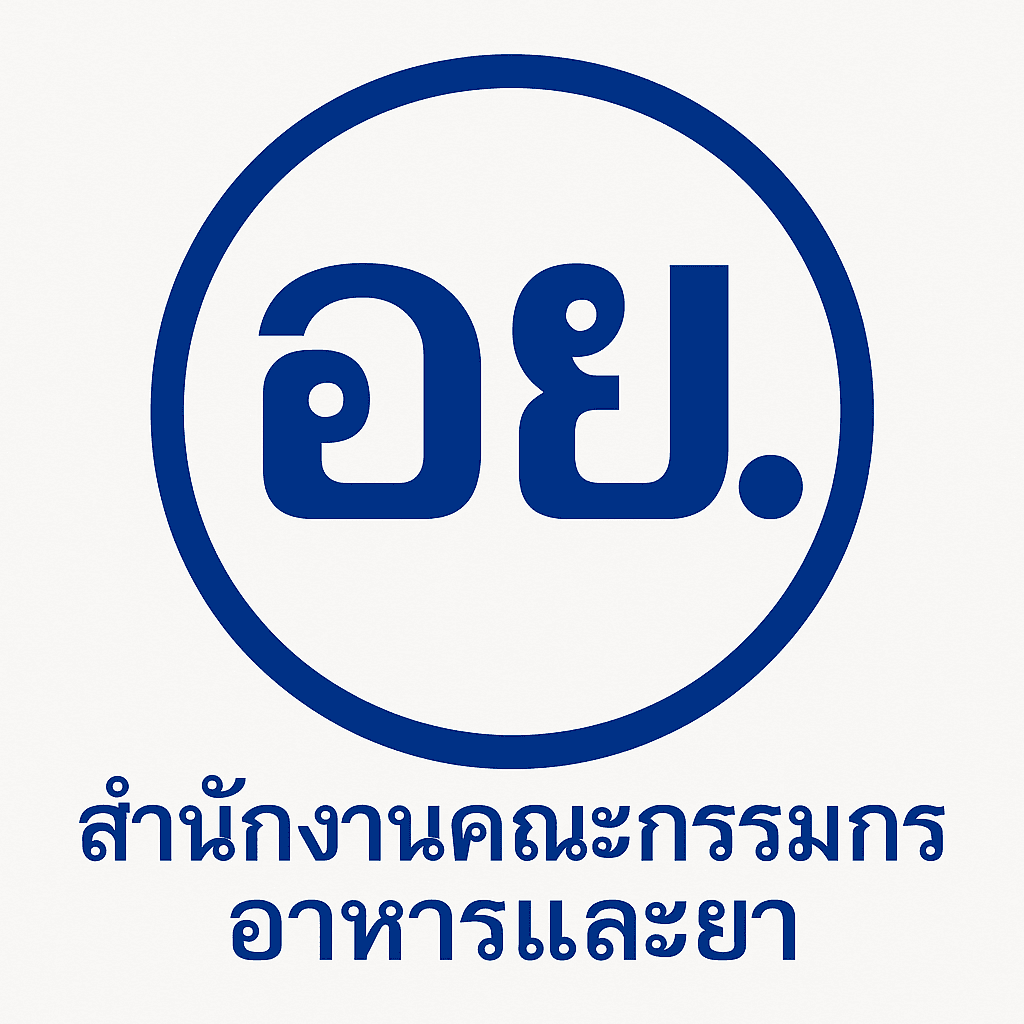In an era where consumers have access to a vast array of food, drugs, cosmetics, and health-related products, ensuring the safety and quality of these products is more critical than ever. In Thailand, the key government agency responsible for protecting consumers from health risks associated with such products is the Thai Food and Drug Administration (FDA), known in Thai as “สำนักงานคณะกรรมการอาหารและยา” or “อย.”
Overview and Mission of the Thai FDA
The Thai FDA operates under the Ministry of Public Health and is the main regulatory body tasked with the oversight of health-related products. Its primary mission is to ensure that food, drugs, medical devices, cosmetics, and hazardous substances meet safety, quality, and efficacy standards, thereby protecting public health.
Through rigorous regulation, scientific assessment, and public communication, the Thai FDA plays a vital role in preventing harm caused by substandard or unsafe products.
Categories of Products Regulated by the Thai FDA
- Food Products – Including processed foods, dietary supplements, and beverages. The FDA monitors food safety, prohibits the use of harmful additives, and ensures correct labeling and hygiene in production.
- Pharmaceuticals – Covering both modern and traditional medicines, including herbal products. The FDA requires registration, scientific testing, and quality control to ensure drug efficacy and safety.
- Cosmetics – Skincare, makeup, and personal care items must be properly notified to the FDA and comply with ingredient regulations, ensuring they are free from banned or harmful substances.
- Medical Devices – From diagnostic kits to surgical instruments, the FDA verifies their compliance with safety and performance standards before they reach the market.
- Hazardous Substances – Including household chemicals like disinfectants and insecticides. These must carry appropriate warnings and usage instructions to prevent accidents or misuse.
Product Registration and Quality Assurance
The Thai FDA enforces a detailed product registration process involving documentation review, ingredient assessment, production site inspection, and laboratory testing. Products that meet all regulatory requirements are granted a unique FDA registration number, which must be displayed on product packaging.
This number allows consumers to verify the authenticity of a product via the FDA’s online system or the “Oryor Smart Application.” This system empowers consumers to make informed choices and avoid counterfeit or unregistered products.
Consumer Protection and Law Enforcement
Protecting consumers is at the core of the FDA’s mission. One major responsibility is monitoring advertisements and marketing claims. The agency actively investigates false, exaggerated, or misleading promotions—especially those involving food supplements or miracle cures.
To enforce compliance, the FDA regularly inspects products sold in stores, markets, and online platforms. Products found to be illegal, adulterated, or falsely labeled may be subject to recalls, legal action, or public warnings.
Additionally, the FDA encourages the public to report suspicious products or advertisements. It operates a hotline and online portal for complaints, helping ensure swift responses to consumer concerns.
Public Communication and Education
In addition to regulation, the Thai FDA prioritizes public education. It develops campaigns and educational materials to promote safe product use and consumer awareness. Common themes include how to read product labels, the dangers of self-medication, and how to identify FDA-registered goods.
One well-known initiative is the “Check Before You Share” campaign, which combats the spread of false health information on social media by encouraging users to verify sources before sharing content.
The agency also utilizes social media, websites, infographics, and mobile apps to reach a broad audience, especially younger demographics who are active online.
Embracing the Digital Age
Recognizing the growing influence of e-commerce, the Thai FDA has adapted by introducing online licensing systems, digital verification tools, and special task forces to monitor online sales of regulated products.
The agency collaborates with major platforms such as Lazada, Shopee, and TikTok to identify and remove illegal products. This proactive approach ensures that digital marketplaces are safer for Thai consumers.
Furthermore, the FDA continues to innovate by developing AI tools and enhancing its digital infrastructure to improve efficiency and transparency.
International Cooperation
Thailand’s FDA does not work in isolation. It actively collaborates with global and regional organizations such as the World Health Organization (WHO), the ASEAN Consultative Committee for Standards and Quality, and regulatory agencies from the US, EU, and Japan.
These partnerships help harmonize standards, exchange critical safety data, and strengthen global surveillance of harmful products. The goal is to align Thailand’s regulatory framework with international best practices while prioritizing the unique needs of Thai consumers.
Conclusion
The Thai Food and Drug Administration (FDA) stands as a guardian of public health, protecting the nation from risks associated with unsafe or unregulated products. Its comprehensive oversight—ranging from registration and inspection to public outreach and law enforcement—ensures that consumers in Thailand are empowered to make safe, informed decisions.
While the FDA provides critical protections, consumer participation is equally important. By staying informed, checking FDA numbers, and being skeptical of exaggerated claims, Thai citizens can play a proactive role in building a healthier, more trustworthy marketplace.

